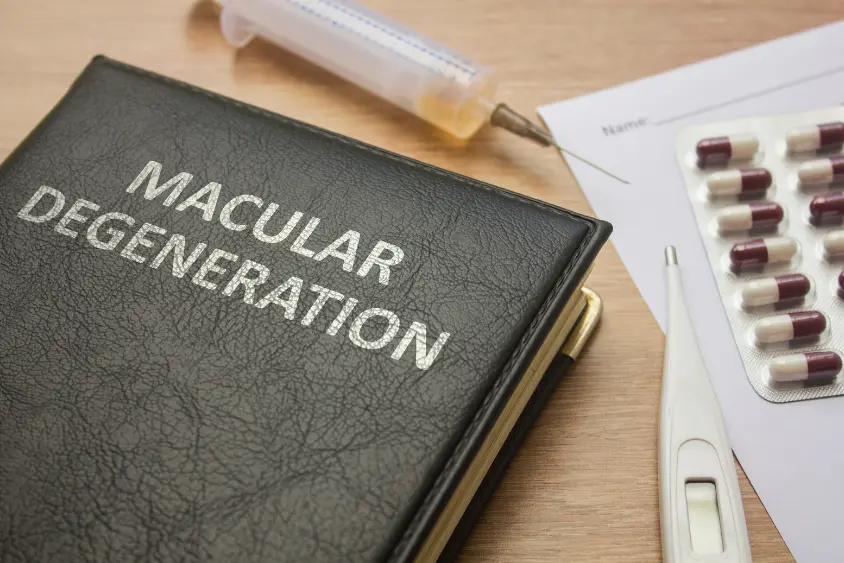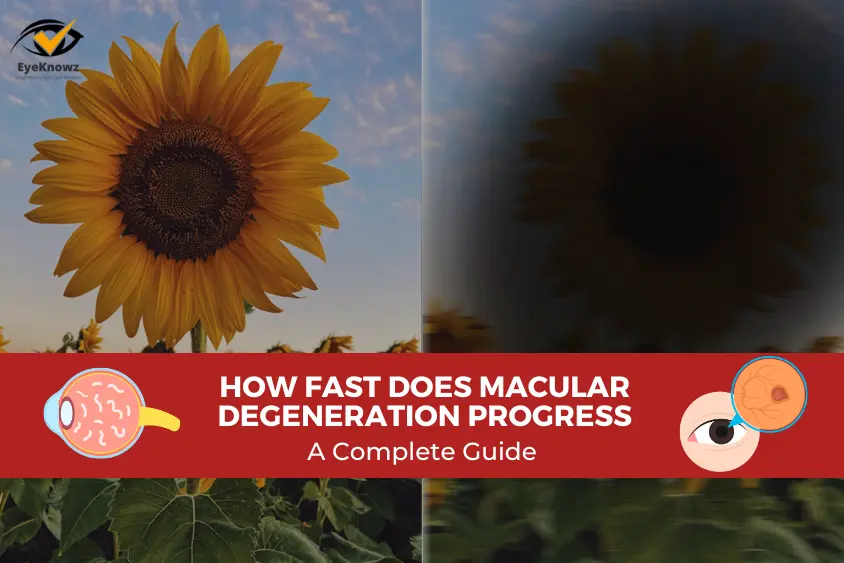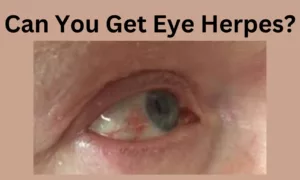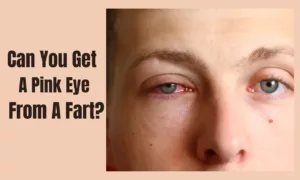Macular degeneration is an eye condition that is related to the ageing process and involves the gradual deterioration of your central vision. Also abbreviated as AMD, it is one of the most common causes of vision loss in elderly people. The main types of age-related macular degeneration include the wet AMD and the dry AMD. Wet macular degeneration causes slow vision loss. The Dry AMD is further categorized into three stages, including the early, intermediate, and late stages. If you get this condition diagnosed by the optometrist on time, you can preserve your vision and save yourself from further eye complications. In this article, we will talk about how fast macular degeneration progresses, its symptoms, its stages, its treatment, and much more.
What is Macular Degeneration?
Macular degeneration is an eye complication that involves the loss of central vision due to the breakdown of macular cells. The main function of the macula is to help with a detailed, sharp vision to aid with activities like driving, reading, and recognizing faces.
Risk Factors
AMD is an age-related condition and mostly occurs in people above 50. There are some common reasons behind macular damage, including:
- Genetics: To those who ask is macular degeneration hereditary, genes are also responsible for causing AMD. People who have a family history of this condition are more likely to suffer from it in the future. Moreover, Europeans are more prone to AMD than other ethnicities.
- Lifestyle: Poor lifestyle, including lack of physical activity, smoking, or having a compromised diet, might also cause AMD.
- Low Health: Disturbed health conditions such as high blood pressure and high cholesterol levels are also likely to increase the chances of developing AMD.
Note: One thing that you must know is AMD can be asymptomatic. So, you should consider taking regular eye exams for the timely diagnosis of this condition.
Types of AMD

The two main types of macular degeneration are the wet AMD and the dry AMD. The wet AMD involves abnormal growth of blood vessels under the retina, which leads to macular damage. There might be leakage of fluid in these vessels, which causes fast vision loss. On the other hand, the macular tissue starts getting thin with time, causing dry AMD. This is a slowly progressing condition and takes years to develop completely.
Treatment for AMD
One thing that you should be clear about is that AMD-caused vision loss is irreversible. However, timely diagnosis and proper management of this condition can help prevent further eye complications and might save you from vision loss. Here are some treatments for macular degeneration that you can consider for slowing the progression of wet and dry AMD.
Treating Wet AMD
You can consider getting anti-VEGF injections, also called anti-vascular endothelial growth factor injections, for the treatment of wet AMD.
Treating Dry AMD
The best thing to delay the development of dry AMD is to make your diet more nutritious and healthy. Consider adding Omega-3 fatty acids, zeaxanthin, lutein, and vitamin C to your diet to improve your nutrition levels. Moreover, consume more eye-healthy foods to improve your overall eye functioning.
Preventing AMD
The best thing to save yourself from AMD-caused vision loss is to prevent this condition. Here are some great lifestyle changes that you can consider for maintaining a healthy vision and preventing AMD:
- Make sure to consume a balanced diet that is full of nutrients and eye-friendly foods.
- Check your cholesterol and blood pressure levels regularly and maintain them at normal levels.
- Avoid smoking and other activities that compromise your lifestyle.
- Stay active to improve your health and life quality.
What to Expect During the Progression Period of Macular Degeneration?

Suffering from AMD or seeing your loved one going through this condition can be heart-wrenching. There might be questions popping up in your mind regarding how fast this condition progresses and what the expectations should be during each stage. Well, dry AMD may take 5 to 10 years to develop completely, whereas wet AMD can progress within a few months. Here are some symptoms of macular degeneration that you might observe in people with AMD over time:
- Distortion in the normal vision of the person causes crooking or bending of straight lines in the vision.
- Compromised central vision in one or both eyes.
- Demand for sharper and brighter light for carrying out daily activities such as reading or driving.
- Complications in adapting to light levels or dark rooms, such as in night-themed restaurants or movie theatres.
- Difficulty in reading typed or printed words with increased blurriness.
- The problem with recognizing faces.
- Development of a blind spot or a well-developed blurry spot in the eye that is permanent.
Stages of Macular Degeneration
There are three main stages of AMD, which include the early, intermediate, and the advanced stage. The early stage does not involve any blurriness or vision loss. It is diagnosed by observing drusen build-up in the retina, which has no major symptoms. The intermediate stage involves difficulty in carrying out daily life activities, followed by blurriness and slight vision loss. In the advanced AMD stage, there is the occurrence of fluid leakage, blind spots, blurriness, and vision loss. This is the fully developed stage and makes it difficult for the person to recognize faces, read text, or even see time from the clock.
Conclusion
You can avoid vision loss due to age-related macular degeneration by preventing this condition and taking care of your eye health. It is recommended to visit your optometrist regularly and never miss out on your annual eye exam sessions. If you are already suffering from this condition, you should be more frequent with your eye exams to keep a note of the progression of your eye condition. This will also help the optometrist in figuring out if the currently used treatment protocols are helpful or if there is a need to make some changes. Having a good diet, a quality lifestyle, and healthy genes can also save you from AMD and other eye complications.
FAQs:
Can we end the macular degeneration progression?
There is no particular cure for AMD, and the complications are irreversible as the disease progresses. But you can definitely improve macular degeneration symptoms by having a healthy diet and lifestyle.
What is high myopia macular degeneration?
Myopia, also called short-sightedness, might lead to macular degeneration. It is a severe form of AMD that involves problems related to short-sightedness and loss of central vision.
Can macular degeneration make you blind?
Yes, AMD can make you blind if not managed or treated properly at the right time. The end stages of fully developed macular degeneration lead to vision loss and other eye complications.






